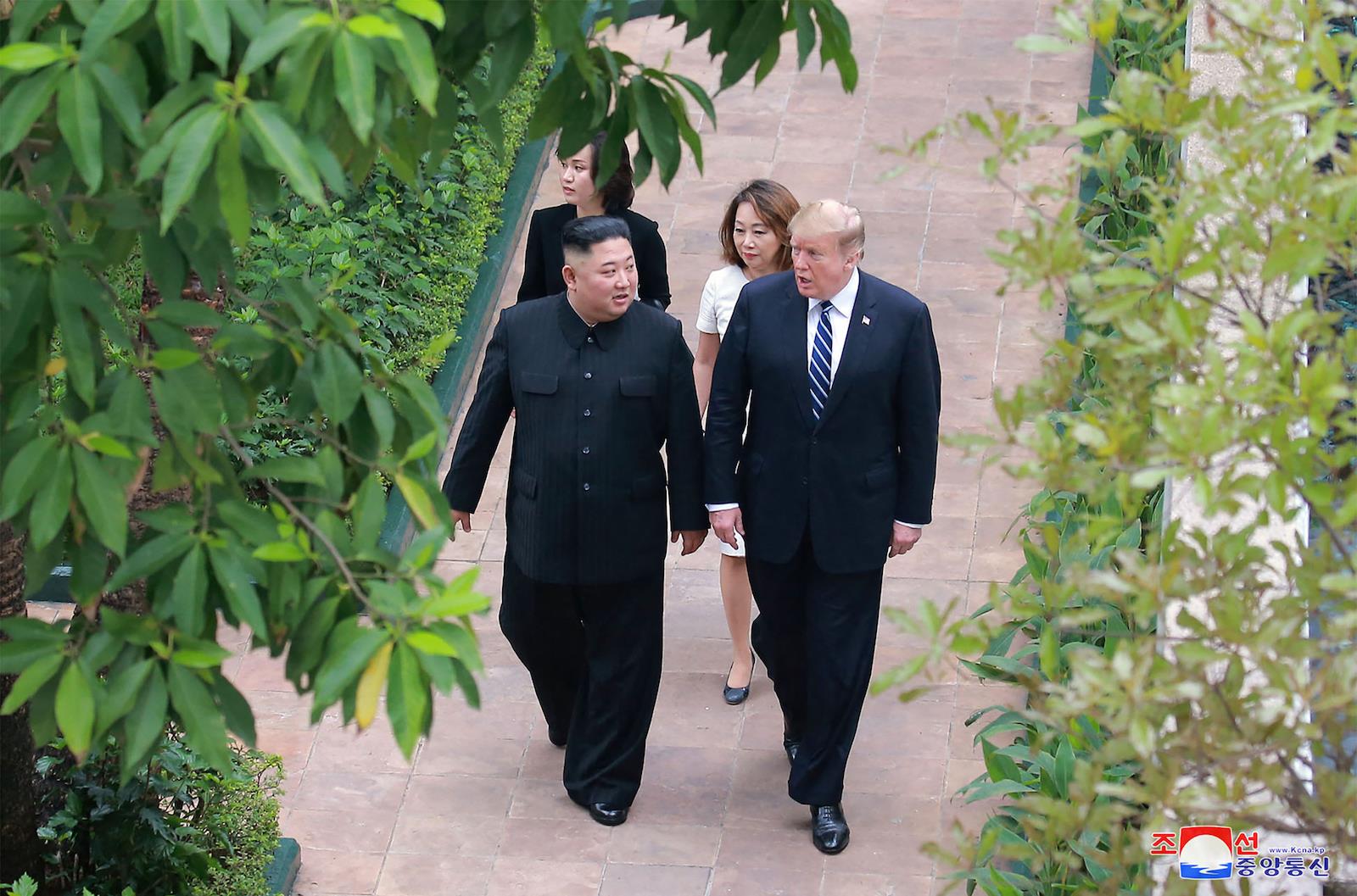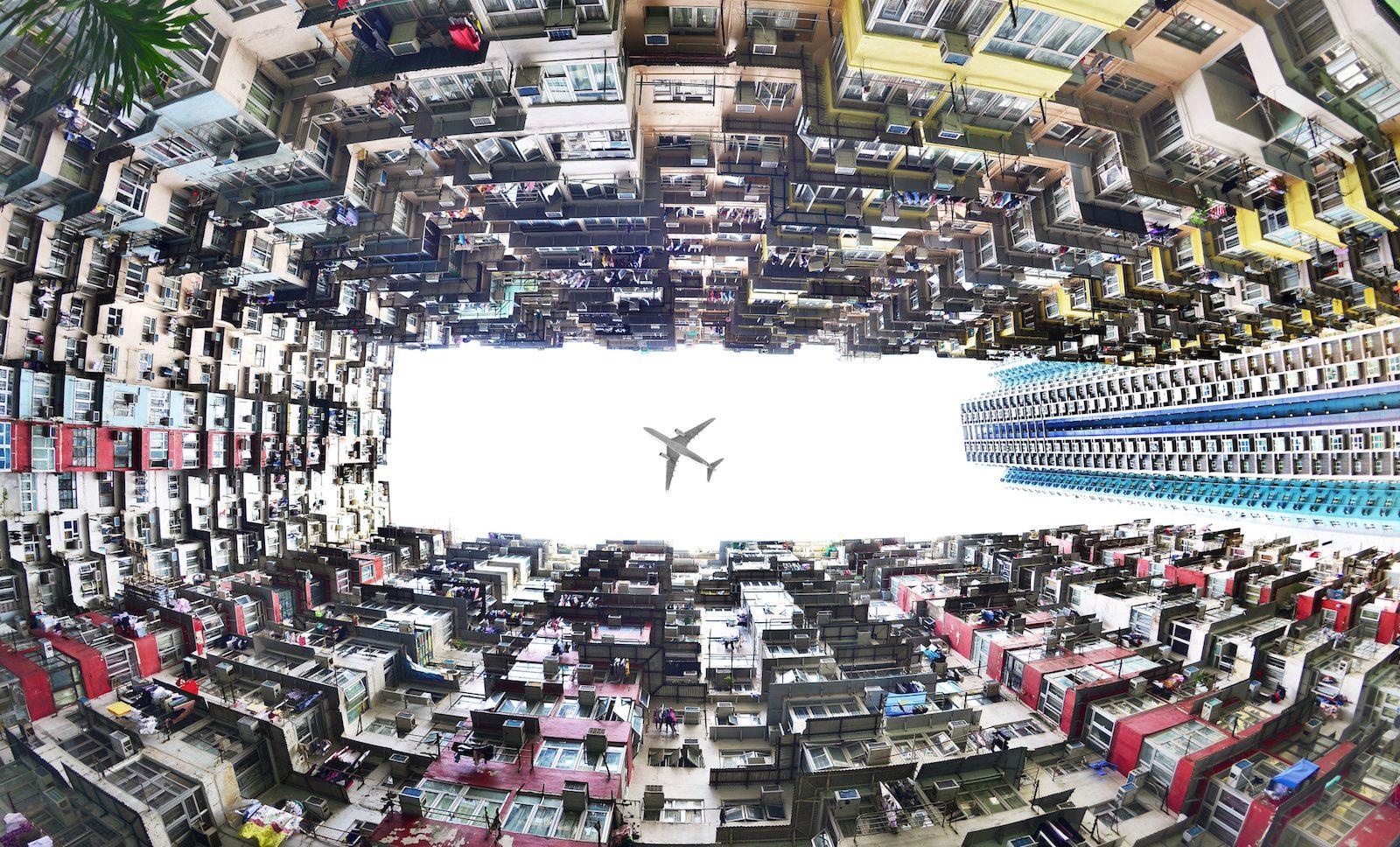Einstein-Tagore Dialogue Shines A Path For Modern Leaders
Date
4/25/2024 12:09:54 AM
(MENAFN- Asia Times) In the quest for a leadership ethos, can the meeting of minds between Einstein and Tagore illuminate the way?
As leaders, we are prone to dismissing the opinions of others with whom we disagree, often subconsciously ignoring perspectives that diverge from our own. The phenomenon is quite ubiquitous, especially in the era of our super-technological environment.
On July 14, 1930, the famous Indian poet and philosopher Rabindranath Tagore visited the German-born theoretical physicist and most influential scientist of all time, Albert Einstein, in Caputh, near Berlin. Their discussion of truth and reality was published in Modern Review in January 1931.
Their discussion is the primary reference source in this exploration, as their debates delve into philosophical insights that relate to modern leadership. Let us now pay attention and interact with the past thought leaders whose wisdom can inform the next step on the ladder of modern leadership culture.
Ultimately, both Einstein and Tagore's search for where science and art merge speaks to the interconnectedness of ideas. The joining of Einstein's scientifically accurate tenets intermingling with Tagore's poetic insights transcends known boundaries, arriving at a total comprehension of reality.
Such deliberations on objectivity and subjectivity in leadership puts navigating the turbulent nature of the world at a crossroads.
Latest stories

The US Is no longer the arsenal of democracy

South Korea tries to Trump-proof the alliance

Firm offices raided, China calls EU 'protectionist' Through the epiphany of Einstein and Tagore, we come to understand that logic and cooperation can see us through in the same way. Empirical observation and logical reasoning, as revealed by Einstein's contribution, let us make decisions based on data and reasoning. Through analytical thinking, we can improve team efficiency and create more successful institutions.
Tagore's priority on empathy and equality, meanwhile, fosters an atmosphere of empathetic and inclusive leadership. In a global context, where unity is required in the face of diversity and complexity, empathy turns out to be an adhesive that unites us, allowing us to have a common understanding of individuals from different backgrounds and opinions.
Through this inclusivity, all voices are respected, which lays the basis for creativity and originality in our operations. By integrating diversity and equality, we catalyze the wisdom of all our minds, pushing us to new positive results and success.
Guiding us through these demands of leadership are the thoughts of Einstein and Tagore that shall inspire our journey to a better future where a harmonious agreement filled with empathy, teamwork and inclusiveness will reign.
Present-day leadership is arduous but the era offers bright prospects. Due to the enhanced rate of scientific discoveries and the change in social values, supervisors must adapt their techniques to be competent in personnel and organizational guidance. At the same time, this adaption should not lead to the abandonment of indispensable principles and value systems.
Einstein and Tagore's interactions provide us the practical guidance needed by leaders running the modern world, both in terms of culture and technology. Their interaction took the intersection of art and science to a different, higher level.
It highlighted the need to accept many dimensions and interdisciplinary innovation whereby leaders can develop solutions to complex, multifaceted problems by fusing analytical thinking with empathy and creativity.
Einstein and Tagore's discussion strongly demonstrated that leaders require a combination of objectivity and subjectivity to guard against being too objective.
Although data-based decision-making is crucial for making informed decisions, emotions and care are equally necessary for forming cooperative and understanding relations within teams. Managers have to build a team spirit in which both rationality and depth of feeling are taken into consideration to ensure continuous success.
Einstein and Tagore's call for cooperation and a sense of togetherness resonates in the inclusive world of today. In a moment in history where the solutions of the whole globe necessitate joined efforts, leaders ought to ensure that team-building is inclusive and diverse at the base.
Through channelling the shared great knowledge and talent of individuals who are different in terms of their origins, organizations will be able to be more innovative and resilient. Thus, the good cues of the Einstein and Tagore conversation continue to provide wise lessons to leaders whose paths are filled with the complications of the modern world.

Sign up for one of our free newsletters The Daily ReportStart your day right with Asia Times' top stories AT Weekly ReportA weekly roundup of Asia Times' most-read stories
Through an interdependent approach blending objectivity and subjectivity and supporting collaboration and inclusive practices, leaders can concentrate on building better leadership cultures. In our collective efforts to solve the problems of the 21st century, we would be wise to listen to the wisdom of these great scholars and make a forward-looking shining road.
Their profound dialogue sheds light on the pivotal role that diplomacy and international cooperation play in our world. Rooted in the principles of bilateral diplomacy, their historic exchange underscores the critical need for empathy, understanding and inclusiveness in the realm of diplomatic engagements.
Their conversation serves as a beacon for modern diplomatic strategies, emphasizing the necessity for diplomats to navigate global matters with both intellect and compassion.
Looking forward, the evolution of diplomacy hinges on our capacity to appreciate diverse perspectives, champion empathy and cultivate inclusivity. By doing so, we can address the complex challenges of our globally connected societies, thereby strengthening diplomatic relations and leadership in the modern era.
Mr Awale Ali Kullane is Ambassador of the Federal Republic of Somalia to the People's Republic of China
Already have an account?Sign in Sign up here to comment on Asia Times stories OR Thank you for registering!
An account was already registered with this email. Please check your inbox for an authentication link.
MENAFN25042024000159011032ID1108136461

Legal Disclaimer:
MENAFN provides the information “as is” without warranty of any kind. We do not accept any responsibility or liability for the accuracy, content, images, videos, licenses, completeness, legality, or reliability of the information contained in this article. If you have any complaints or copyright issues related to this article, kindly contact the provider above.